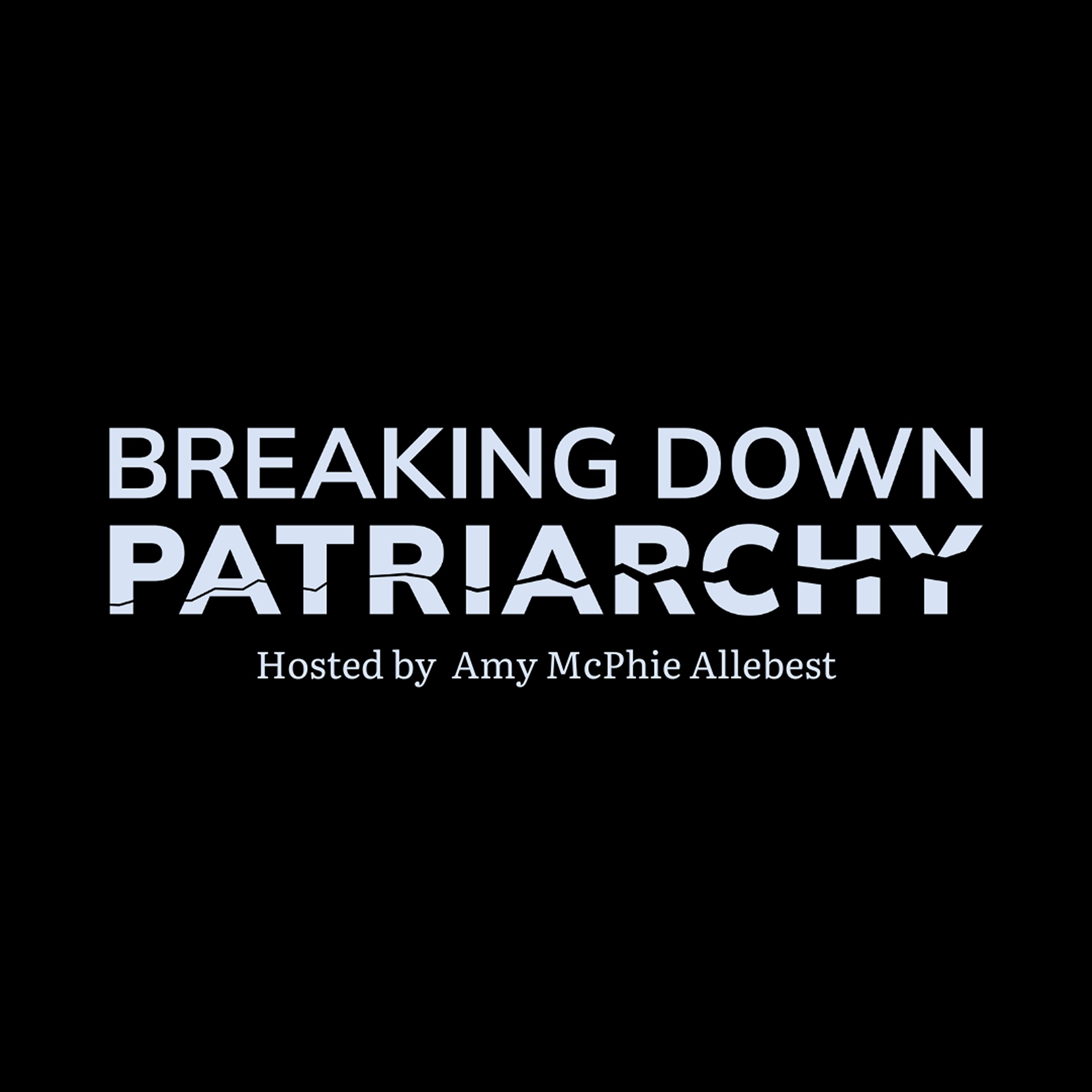Episode 11
Letters on the Equality of the Sexes and the Condition of Woman, by Sarah Grimke
Amy is joined by guest Rebecca Archibald to discuss Letters on the Equality of the Sexes by Sarah Grimké. Topics include abolition, the ideology of separate spheres, and marriage as a means of survival.
Rebecca Archibald grew up in the mountains of Utah with 5 siblings. After graduating from BYU, she moved east for graduate school where she got her Master’s in Teaching Writing. Since, she has moved back and forth across the country, living in 7 states. In each place, one of the first things she did was to find the library. She loves to read, write, teach others to write, and do anything outside in the mountains or near the ocean. She now lives in Southern California with her husband Jared and their 5 kids. Rebecca is one of the world’s worst selfie takers (hence the picture) but one of the best at rationalizing a need for chocolate.


